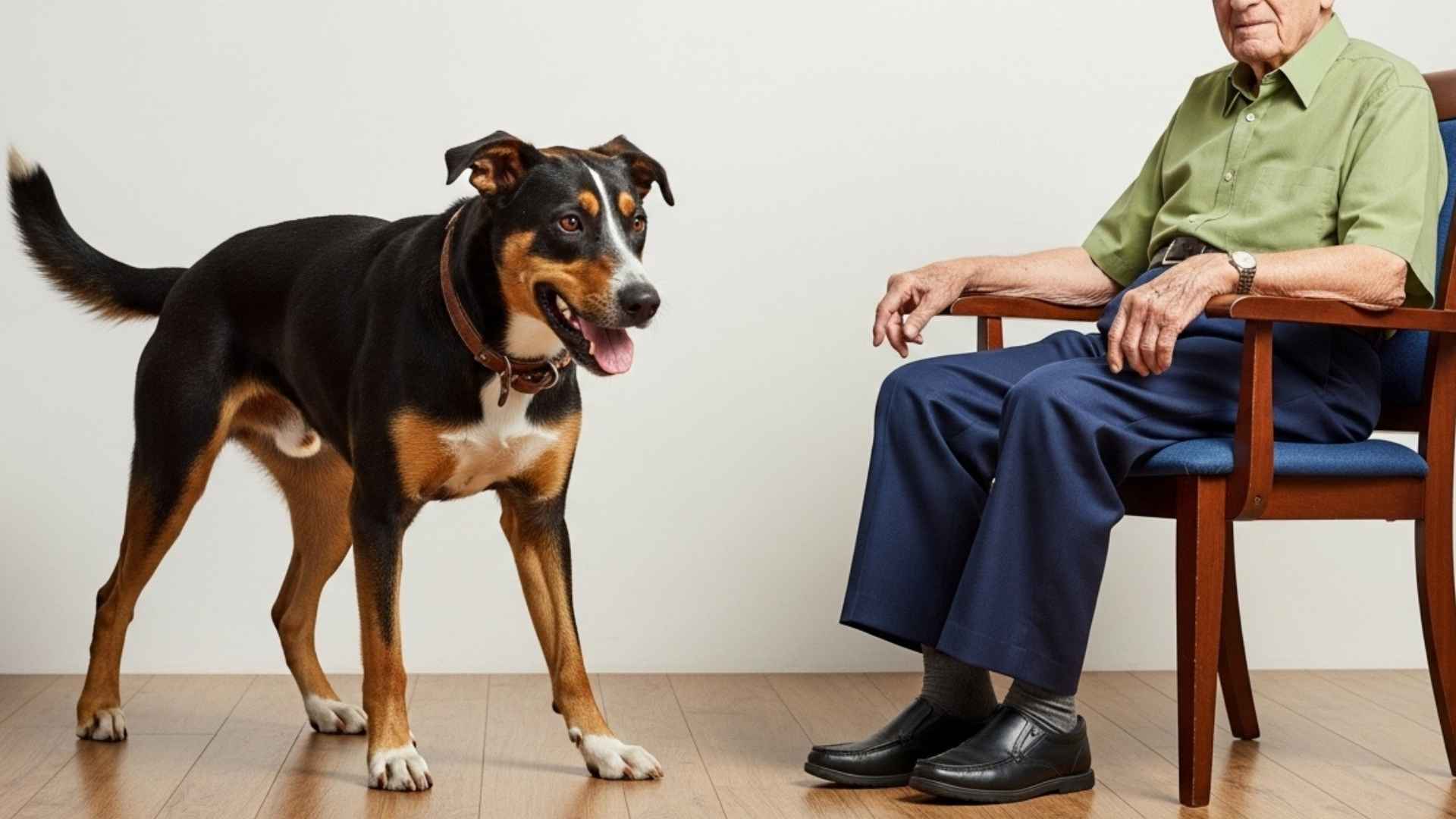Choosing the right dog breed goes far beyond appearance; it’s about finding a companion that fits your lifestyle, energy, and living space. With so many different dog breeds to choose from, it’s normal for future pet owners to feel overwhelmed. Every breed carries its own history, temperament, and grooming needs, making the decision especially important for seniors.
Not all breeds are suited for older adults. High-energy dogs require constant activity and mental stimulation. These large dogs may excel in herding or canine sports, but are among the worst dog breeds for seniors. Without proper training, some can even develop aggressive behavior, which makes them the worst dogs for calmer households.
This guide highlights dog breeds for seniors to avoid and explains each breed’s characteristics. By understanding these challenges, pet ownership becomes safer, and seniors can choose companions with a gentle nature instead.
Dog Breeds To Avoid With Seniors And Elderly People
1. Border Collie
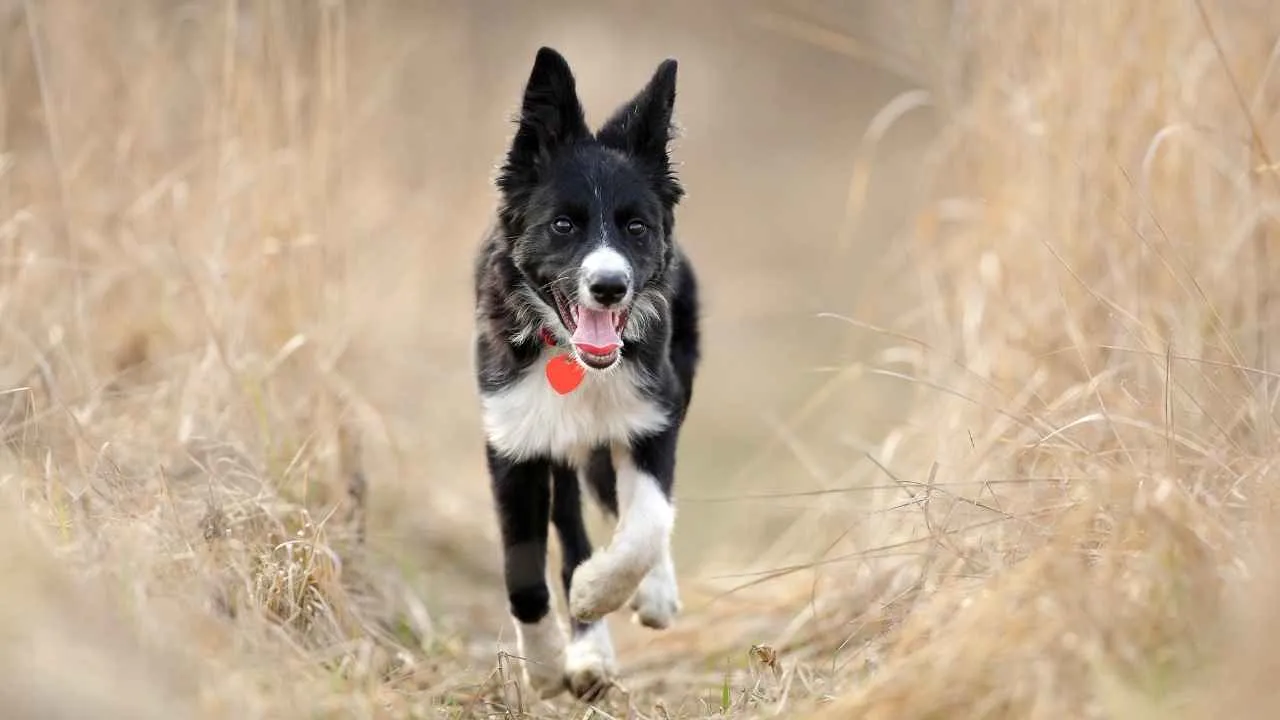
Border Collies are among the smartest dogs, bred for herding livestock with great stamina and intensity. According to the AKC, the Border Collie is named so because it was developed in the border region between Scotland and England. Moreover, their high drive means they need hours of activity, training, and constant mental activities.
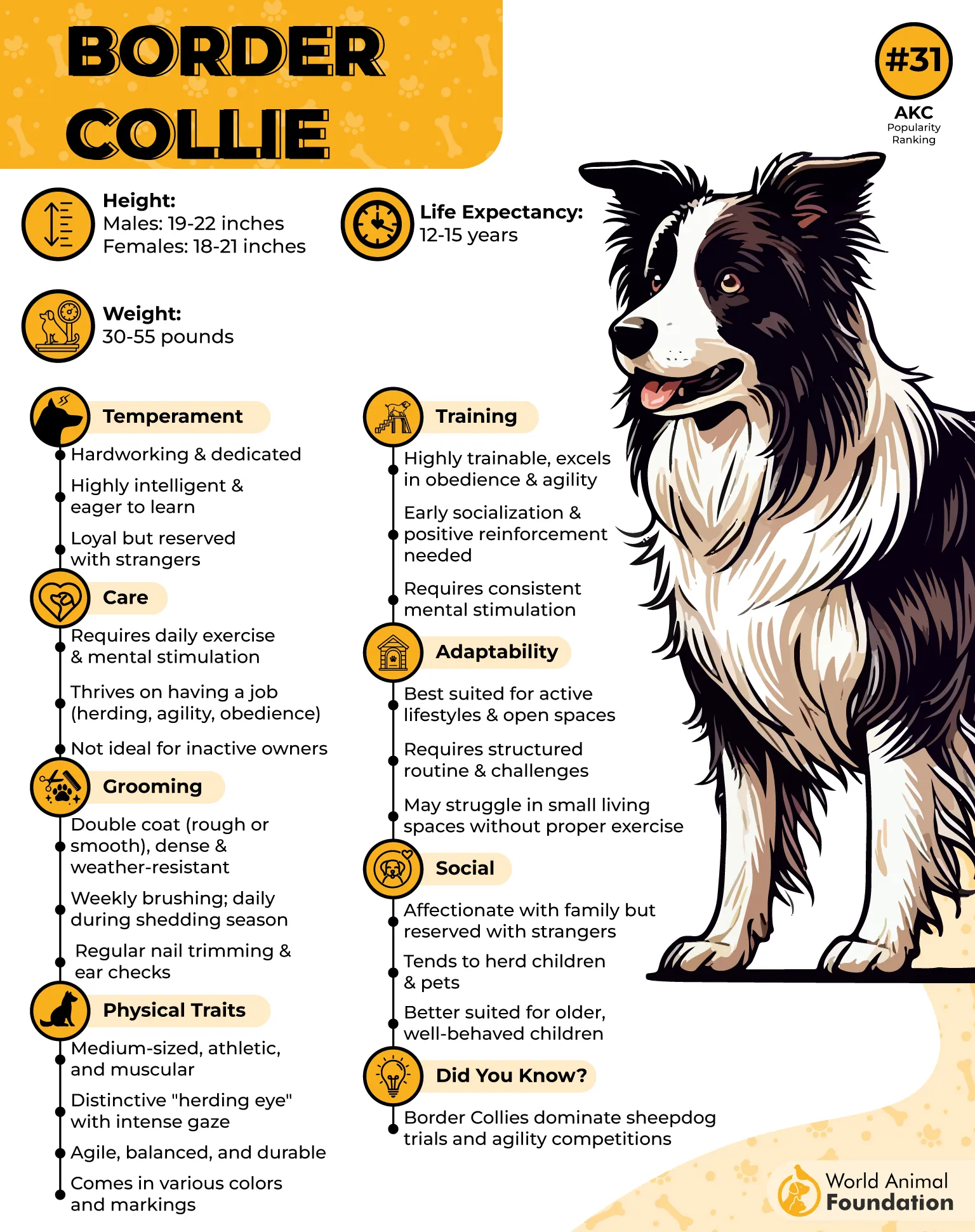
Why They’re Not Suitable for Seniors
Seniors may struggle to provide the long walks, agility drills, and mental games that these dogs demand. Without proper outlets, these breeds can grow anxious, destructive, or restless. Their herding instincts often cause nipping, chasing, and barking, behaviors tough for older adults to control.
They also thrive on routine jobs and structured challenges, which retirees may not always maintain. Combined, these traits make the breed overwhelming for seniors who want a calm, low-maintenance companion.
Practical Insights for Seniors
Even a short walk may not satisfy this breed’s energy. Seniors should consider whether their daily routine can realistically include enough activity to keep a Border Collie happy and calm.
2. Australian Shepherd
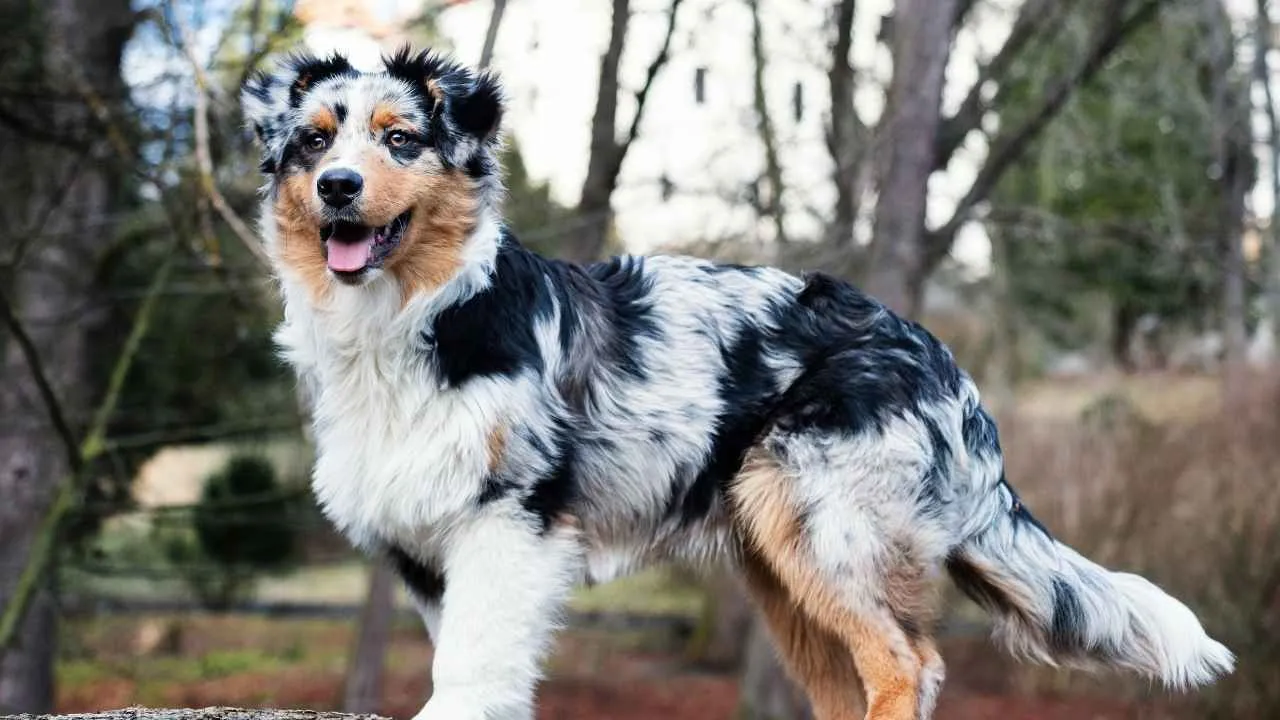
Australian Shepherds are intelligent, agile dogs bred for herding and working alongside farmers. They are highly energetic, quick learners, and thrive when given a purpose. Their curiosity and drive make them excellent companions for active households, excelling in canine sports and obedience training.
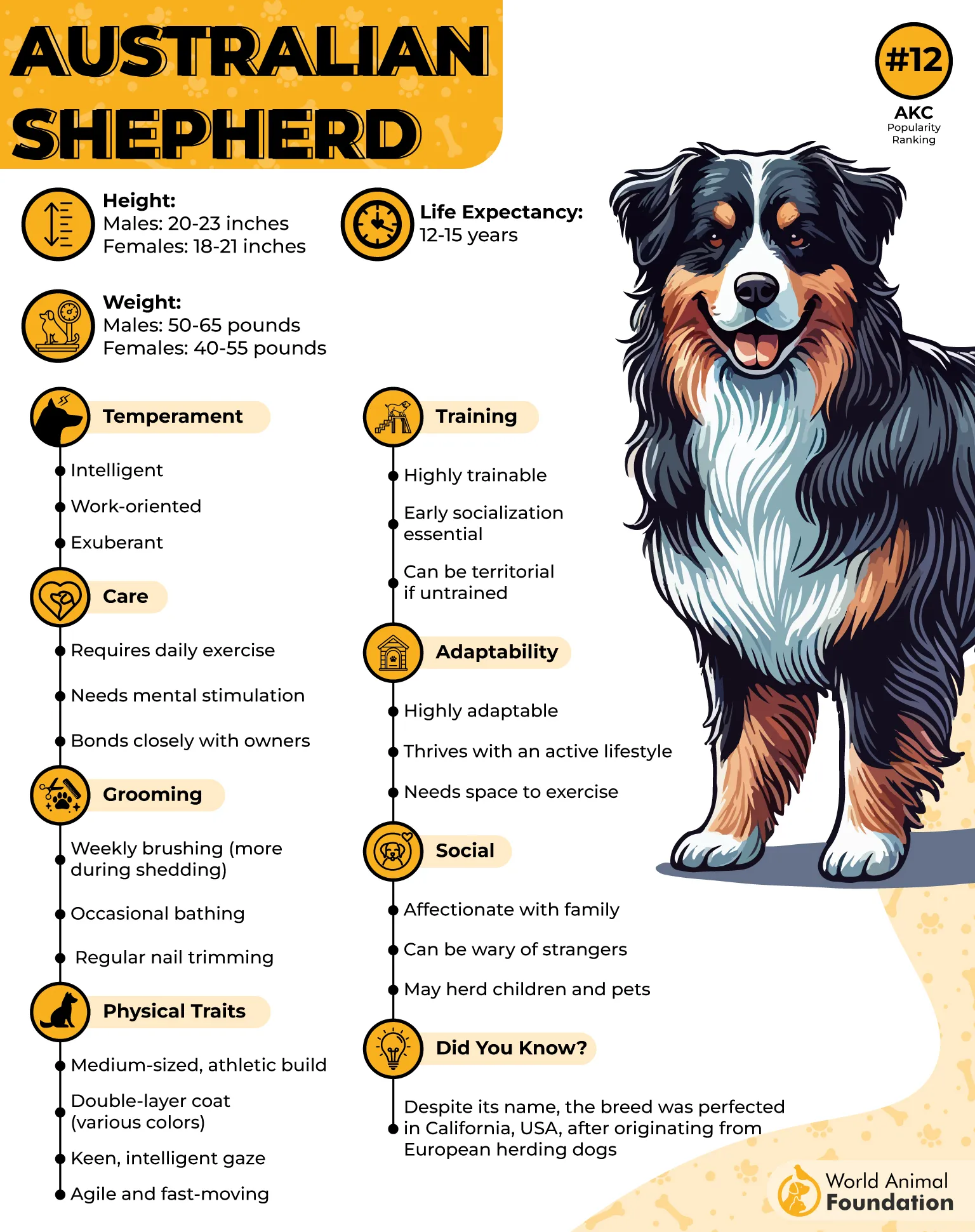
Why They’re Not Suitable for Seniors
These medium-to-large dogs need at least two hours of daily activity and mental stimulation. Without consistent exercise, an Australian Shepherd can become restless, bark excessively, or engage in unwanted herding behaviors like chasing other pets.
Their strong protective instincts and energetic personality may be overwhelming for senior citizens, especially those living in smaller homes or with limited mobility. Early socialization and regular training are crucial, which can be difficult for retirees to maintain consistently.
Practical Insights for Seniors
This breed thrives on interaction and challenges. Seniors need to think about whether they can consistently provide structured play or training, or risk the dog becoming restless indoors.
3. Pitbull Terrier
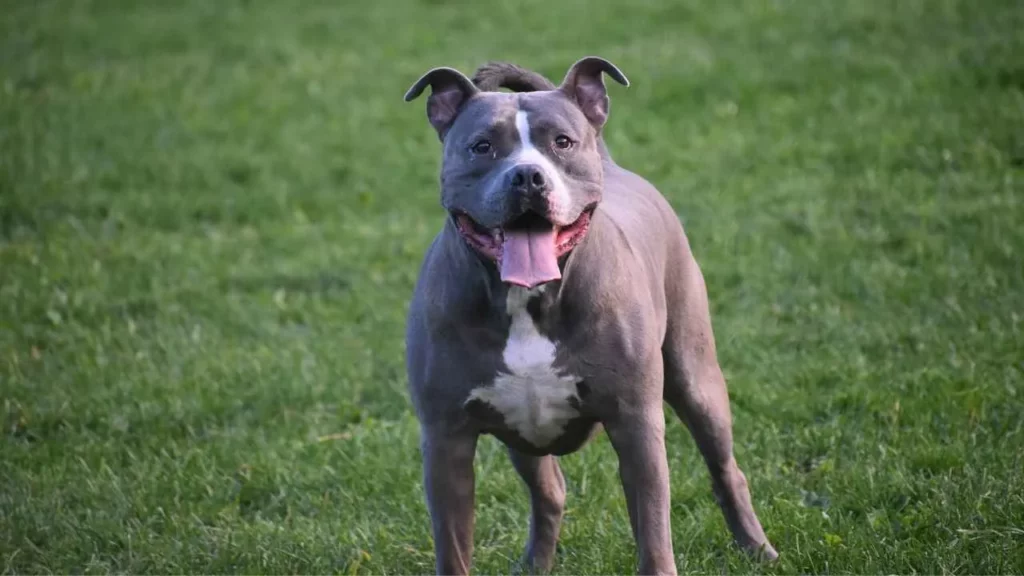
Pitbull Terriers are muscular, energetic dogs originally bred for strength and tenacity. They are loyal, intelligent, and confident, often forming strong bonds with their families. Their agility and enthusiasm make them excellent for active owners who enjoy training and dog sports.
Why They’re Not Suitable for Seniors
Pitbulls require consistent exercise, behavioral training, and socialization to prevent aggressive behavior or excessive excitement. Their powerful build and playful energy can be difficult for senior citizens to manage safely.
Without proper supervision, they may unintentionally knock over or overwhelm older adults. Additionally, their protective instincts make them more suitable for experienced pet owners rather than retirees seeking calm companionship.
Practical Insights for Seniors
Due to their strength, seniors should consider the physical demands of walking and handling a Pitbull safely, especially in public or around other pets.
4. Akita
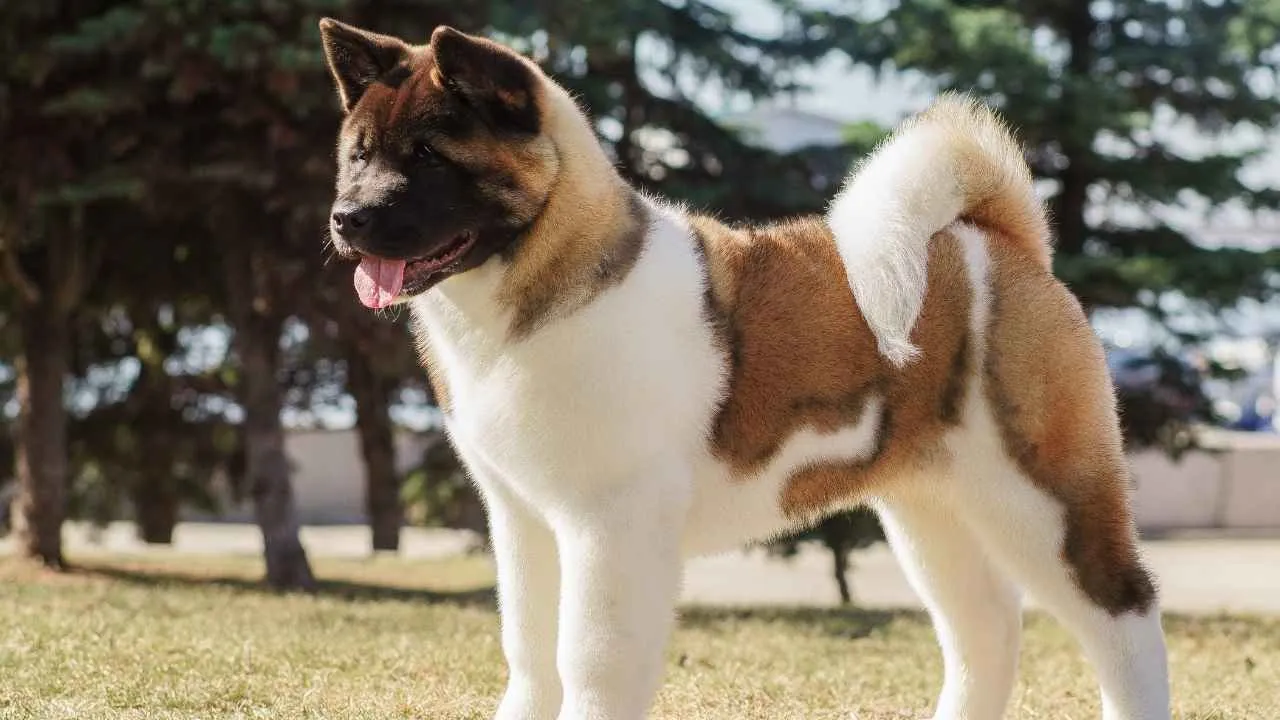
Akitas are large, powerful dogs originally bred in Japan for guarding and hunting. They have a strong, independent nature and are known for loyalty and protectiveness. Akitas require structured environments and consistent leadership, making them best suited for experienced dog owners.
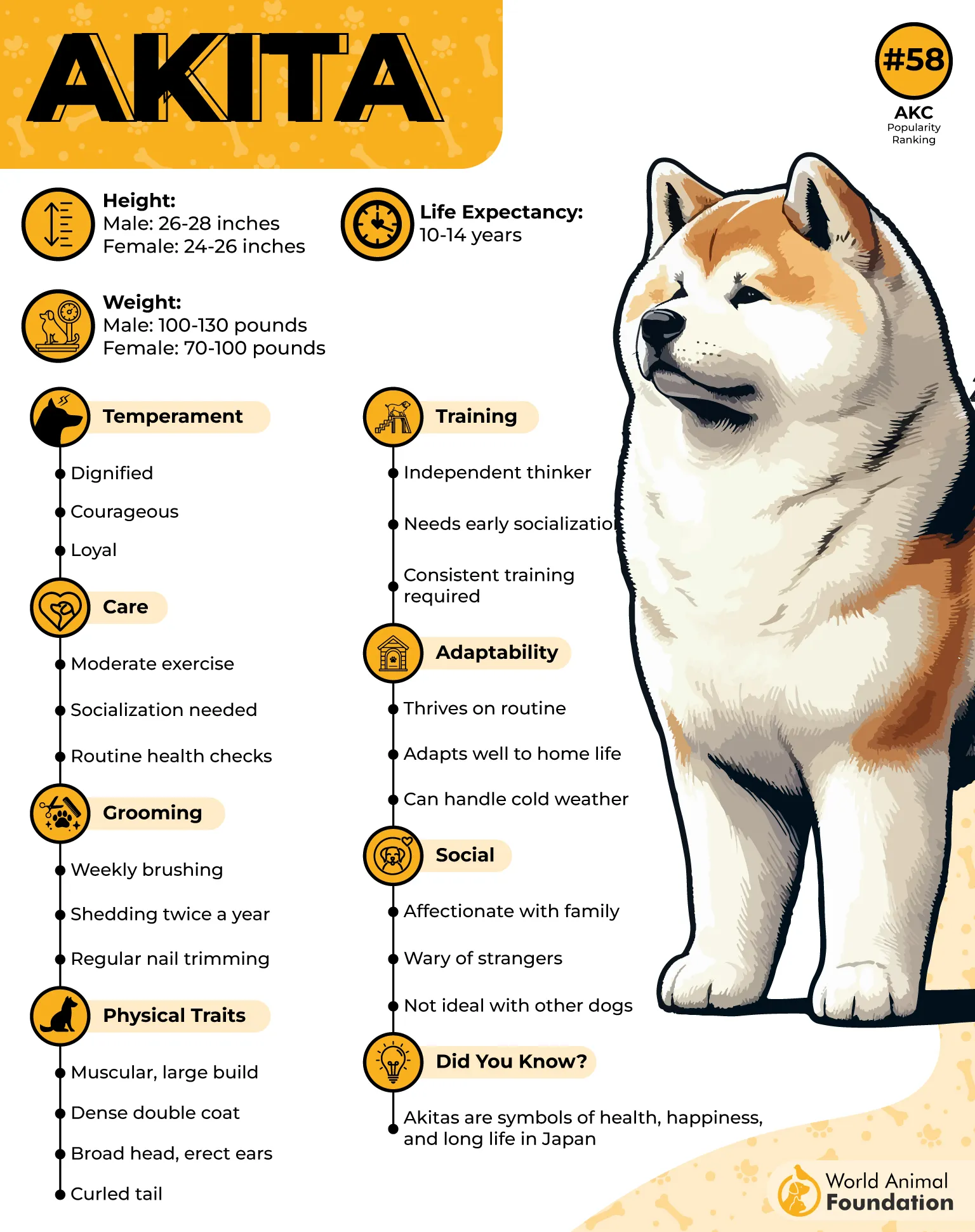
Why They’re Not Suitable for Seniors
Their size and strength can be difficult for older adults to manage, especially during walks or if the dog becomes excited. Akitas are naturally wary of strangers and other animals, which can create stressful situations in a senior household.
These Japanese dogs need early socialization and ongoing behavioral training, as their independent streak can lead to stubbornness or dominance behaviors. The combination of physical power and protective instincts can be overwhelming for seniors seeking a relaxed, low-maintenance companion.
Practical Insights for Seniors
Akitas require confident leadership and careful socialization. Seniors must assess if they can enforce boundaries firmly to prevent behavioral issues.
5. Rottweiler
Rottweilers are strong, alert, and highly capable large dogs initially bred to herd and safeguard livestock. Their natural protective instincts and devotion make them ideal for owners familiar with confident, assertive breeds.
Rottweilers are generally robust dogs. They benefit from early socialization and ongoing guidance to develop balanced behavior and prevent dominance or aggression issues.
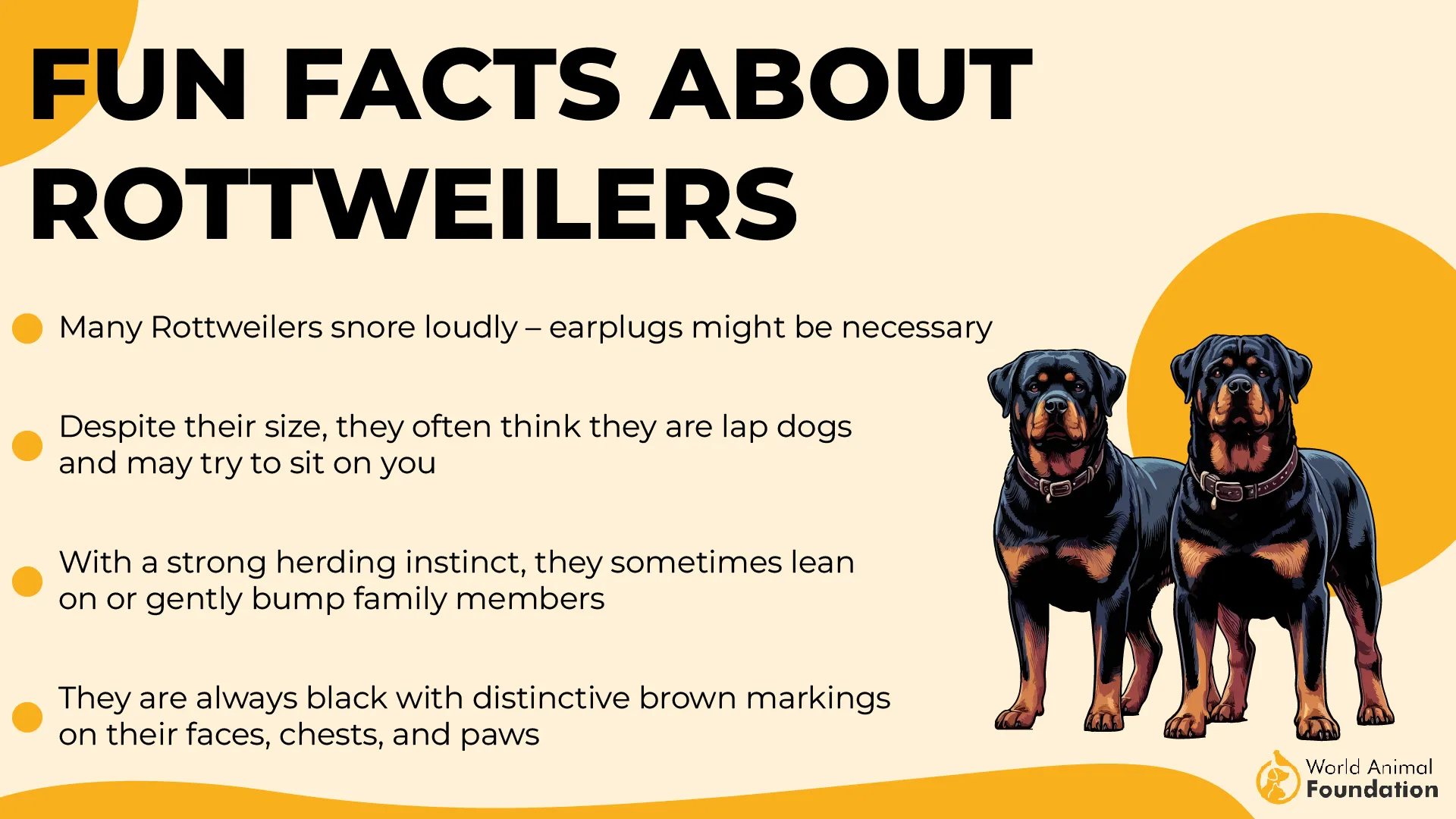
Why They’re Not Suitable for Seniors
The Rottweiler needs a well-fenced yard, daily exercise in the form of long walks or runs, and mental stimulation as per Britannica.
Their protective nature can make them wary of strangers, and health issues like hip dysplasia or heart problems need careful monitoring. Regular grooming and heavy shedding add to maintenance.
Their size and strength make handling, walking, or grooming physically challenging for seniors. Without consistent activity, they may develop boredom-driven behaviors, including chewing or excessive barking, making them overwhelming for elderly owners.
Practical Insights for Seniors
With their size and protective instincts, seniors should consider the space and environment available, such as having a secure yard, and whether they can manage sudden excitement safely.
6. Dalmatian
Dalmatians are medium-to-large dogs known for their striking spotted coats and energetic personalities. Dalmatians were originally bred to guard horses and coaches, and that watchdog instinct is still present in the breed today, according to Purina.
They are intelligent and sociable but thrive best with experienced pet owners who can provide structured exercise and training routines.
Why They’re Not Suitable for Seniors
For elderly persons, Dalmatians present multiple challenges. Their high energy levels demand hours of daily exercise, which can be exhausting for older adults. They are prone to specific health problems such as urinary stones, deafness, and skin sensitivities that require careful management.
The combination of their athleticism, potential for sudden bursts of energy, and specialized care needs makes them unsuitable for seniors who may not have the strength or resources to manage these issues safely.
Practical Insights for Seniors
Dalmatians can have health sensitivities that require attention. Seniors should evaluate whether they can provide the consistent care, monitoring, and frequent trips to the vet that this breed may need.
7. Chow Chow
Chow Chows are distinctive dogs known for their lion-like mane and strong, muscular build. They are independent and proud, often forming deep bonds with their family while being aloof toward strangers. Their thick double coat requires regular grooming to stay healthy and clean.
Why They’re Not Suitable for Seniors
This breed can be challenging for elderly owners due to its high grooming requirements and independent temperament. Without consistent socialization, Chow Chows may become territorial or reactive, occasionally resulting in bites if they feel threatened.
They also need firm, experienced handling, which may be overwhelming for seniors who prefer a calmer, low-maintenance companion.
Practical Insights for Seniors
Chow Chows need regular grooming and structured socialization. Seniors should assess whether they can maintain these routines to avoid stress or behavioral problems in the dog.
Conclusion
Choosing the appropriate dog is crucial, especially for elderly owners. Not all breeds are suitable for older adults, as some require high energy, obedience training, or extensive care.
Large dog breeds, hunting dogs, or high-maintenance dogs can pose challenges in daily pet ownership, including physical strain, health issues, or the need for more exercise and mental stimulation.
Small dogs with a gentle nature, moderate exercise needs, and easy grooming often make the best dog breeds for seniors, providing companionship without overwhelming responsibilities.
Proper socialization, training, and matching the appropriate dog breed to the owner’s lifestyle ensure safety and joy for both the pet and the family. By carefully considering these factors, seniors can enjoy the health benefits and wonderful companionship dogs bring, without the difficulties posed by unsuitable dog breeds.


